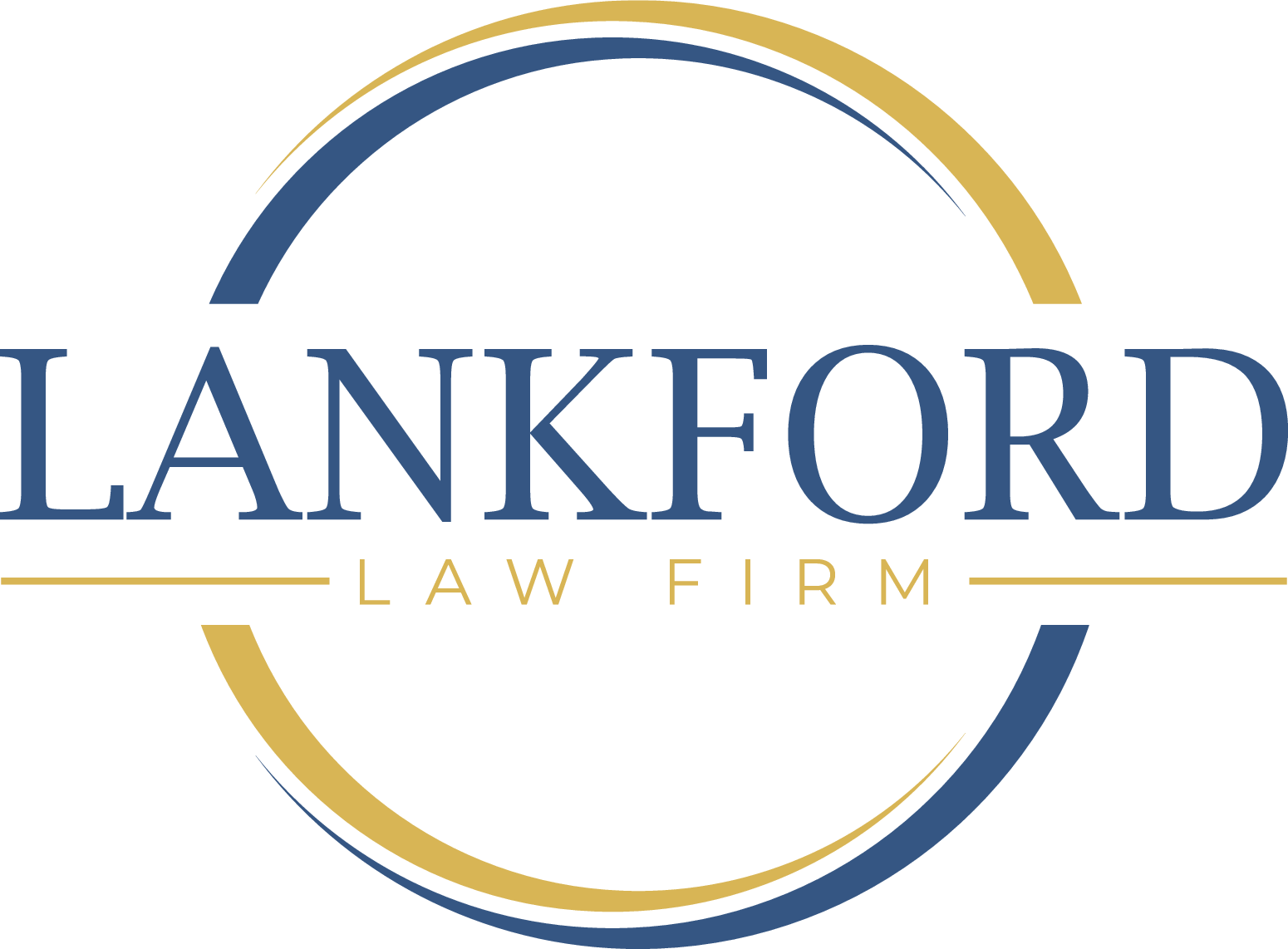If you are the sole proprietor of your own small business in Florida, as a business formation law firm in Florida, we must tell you that you must report all of your business income or losses on your personal federal income tax return. Because your small business is a single proprietorship, it is not taxed apart from your personal taxes. The government calls this “pass-through” taxation, since the profits from your sole proprietorship “pass through” to your personal federal tax return.
If you are a sole proprietor, or if you are thinking about launching a single proprietorship in Central Florida, you may have concerns or questions regarding how you should file and pay your income taxes, because it is quite different from being someone else’s payroll employee. This is a general introduction to filing and paying income taxes as a sole proprietor, but a specific question or concern about a tax matter you are facing as a single proprietor in Central Florida should be directed to a tax specialist or to an experienced Daytona Beach small business attorney.
As a sole proprietor, you must submit the IRS Schedule C form (Profit or Loss from a Business) along with your Form 1040. All of the profits of a sole proprietor’s business – that is, all income minus all expenses – are taxable. Business expenses may be deducted for start-up costs, for equipment purchases and leasing, and for operating costs, advertising, business travel, and even some business-related meals and entertainment.
You may find, as many sole proprietors find, that keeping accurate financial records and receipts – and keeping your business finances separate from your personal finances – is a genuine aggravation. Nevertheless, as a single proprietor, keeping accurate and comprehensive records of your income and your expenditures is an absolute imperative. You might consider a simple solution – two separate checking accounts.
As a sole proprietor, no one withholds anything on your behalf, so you will need to set aside enough on your own throughout the year to pay your taxes each year. As a sole proprietor, the Internal Revenue Service generally expects you to make estimated, quarterly payments if you expect to owe $1,000 or more in taxes for the year. Frankly, making estimated quarterly payments is a good idea. Far too many sole proprietors underestimate – or forget about – their taxes and fail to set aside enough during the year. You very much want to avoid that scenario.
When a sole proprietor calculates his or her estimated federal taxes each quarter, referring to the previous year’s tax return may expedite the process in order to estimate income, deductions, and credits. A sole proprietor is only asked to make an estimate, and if you pay too much or too little one quarter, you will be able to make the appropriate adjustment with your next quarterly payment to the IRS.
WHAT ARE SELF-EMPLOYMENT TAXES?
Social Security and Medicare payments are called “self-employment taxes.” Self-employment taxes are deducted automatically when you are someone else’s payroll employee, but sole proprietors must make these payments themselves along with the rest of their IRS taxes. An employee’s self-employment taxes or “contributions” are matched by his or her employer, but sole proprietors must pay a full share of their self-employment taxes. However, fifty percent of that amount is deductible.
The self-employment tax is currently 15.3 percent, which is divided into 2.9 percent for Medicare (with no income limit) and 12.4 percent for Social Security (up to an annual income limit). Sole proprietors are required by the IRS to complete the Schedule SE form to report self-employment taxes and to submit the Schedule SE form each year along with a Form 1040 and the Schedule C form.
CAN INCORPORATING YOUR BUSINESS SAVE YOU TAX DOLLARS?
A corporation is a different kind of business entity – entirely unlike a sole proprietorship – but it’s nevertheless an option that sole proprietors in Florida may want to consider. A corporation differs from a sole proprietorship because it is deemed a separate legal entity for income tax purposes, whereas a sole proprietorship and its owner are the same “legal entity.” Owners of corporations pay no personal taxes on corporate earnings and instead only pay personal taxes on what they actually receive from the corporation as salaries, bonuses, or dividends.
A corporation’s taxes are paid separately on whatever profits the corporation has earned that year. Leaving profits in the corporation is a strategy that can potentially help some corporate owners pay lower taxes. The corporate tax rate is only 15 percent on the first $50,000 of profit. If you remain a sole proprietor, that first $50,000 is taxed at your individual rate, which is likely above 25 percent.
For a lot of sole proprietors in Florida, incorporation could be a smart choice. One or more shareholders own a corporation and provide its startup capital. An experienced small business attorney can draft articles of incorporation and help owners understand a corporation’s legal requirements. To incorporate in this state, a business owner must submit articles of incorporation to the Florida Department of State to become a registered Florida corporation. The state charges a fee to file articles of incorporation, and it also charges a fee to submit the annual report that Florida corporations are required to file each year by May 1.
WHAT KIND OF ISSUES ARE INVOLVED IN CORPORATE OWNERSHIP?
If you are a sole proprietor now, you will face quite different issues if you form a corporation in Florida. You will have to acquire a number of certificates, licenses, permits, and a Federal Employer Identification Number. You may need additional tax advice. You will need to keep even more records, and you’ll need quick access to reliable legal advice, especially if your business begins suddenly to grow. You will also need someone to act as your registered agent, and that’s a service that good small business attorneys routinely provide to their clients.
Of course, the taxes on corporations are far more complicated and detailed than a sole proprietorship’s “pass-through” taxation, so a sole proprietor will need to determine if the amount that can be saved is genuinely worth the time, aggravation, and added responsibilities of corporate ownership. An experienced Daytona Beach small business attorney can help sole proprietors make that decision and answer any specific legal questions they may have about sole proprietorship or incorporation.


 Call Us Now
Call Us Now Email Us Now
Email Us Now



